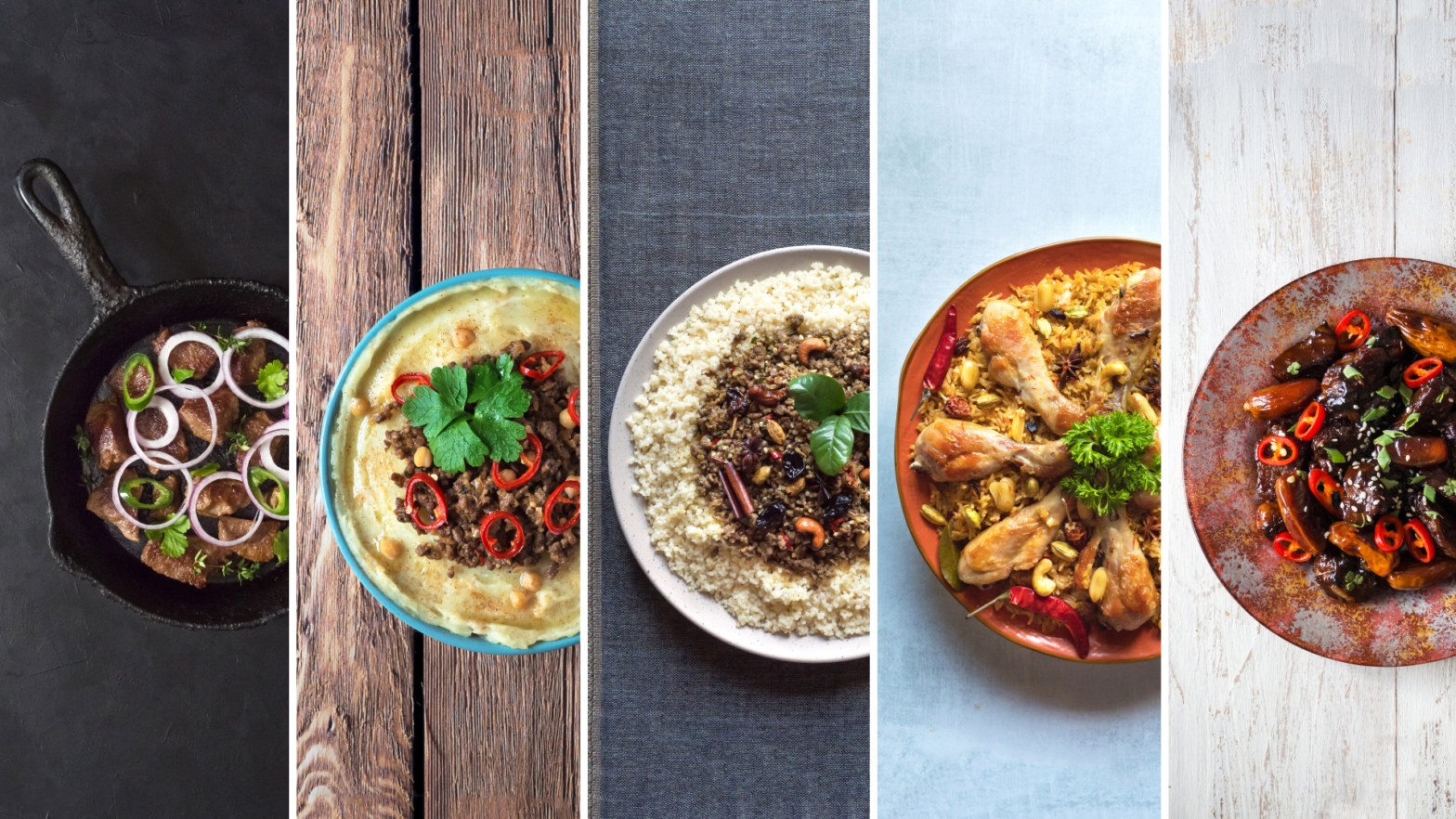The world is a melting pot of flavors, aromas and culinary traditions. Each cuisine tells a story of its people, their history and their way of life while testing out the world’s most popular cuisines, signature dishes, and the cultural significance they hold. Here’s the story behind several of our favorite kinds of dishes.
Italian Cuisine
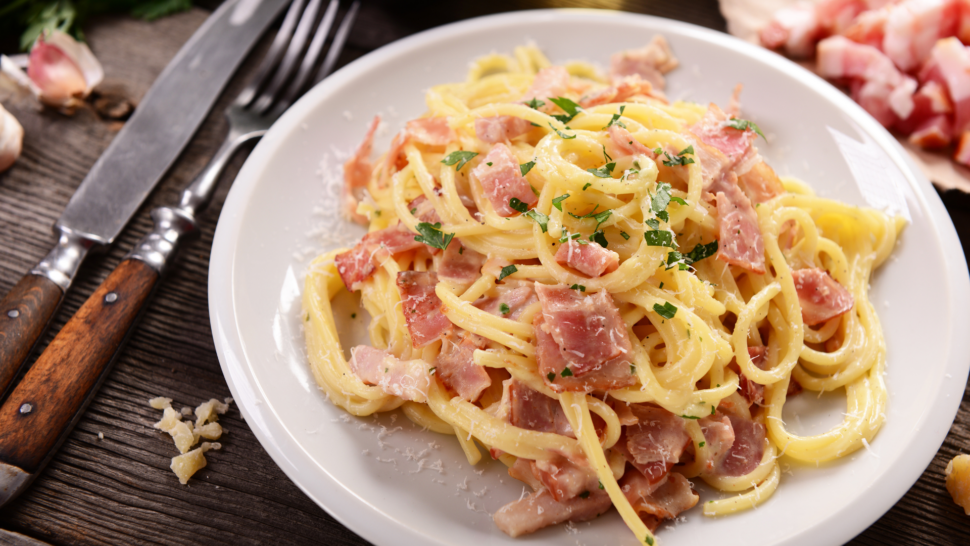
It’s a taste of tradition and is renowned for its simplicity, fresh ingredients and bold flavors. Rooted in centuries-old traditions, it emphasizes the use of high-quality produce, olive oil and aromatic herbs. From the sun-drenched vineyards of Tuscany to the bustling markets of Naples, Italian cuisine is a celebration of regional diversity.
While many are familiar with classic pasta dishes like spaghetti with tomato sauce or cheesy lasagna, Italian cooking offers a wide array of delicious options. The use of locally sourced herbs and vegetables is a key component of Italian cuisine, along with adding depth and freshness to dishes such as pasta bolognese, lasagna and pizza margherita. These dishes showcase the rich flavors of beef and tomato sauce, layers of pasta topped with meat sauce, and a tomato base adorned with mozzarella cheese and basil.
Chinese Cuisine
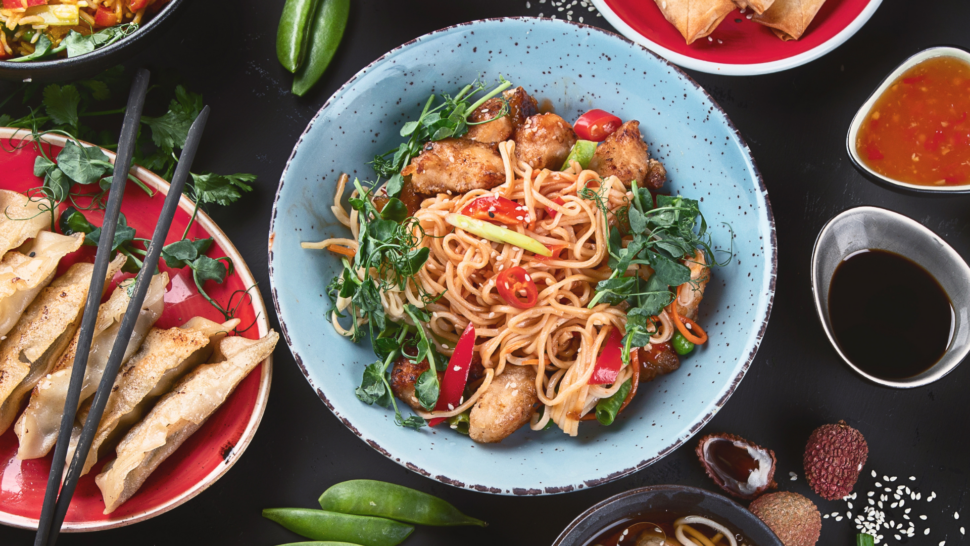
Chinese cuisine is characterized by its balance of flavors, textures and colors, creating a harmonious dining experience. For those new to making Chinese dishes at home, it’s best to start with recipes using easily accessible ingredients from local stores or online. It’s quite simple to prepare at home, with ingredients such as ginger, soy sauce and rice vinegar. Staples like rice noodles, napa cabbage and broccoli are commonly used in Chinese cooking as well.
As you gain confidence, you can begin to experiment with different flavors, such as incorporating pineapple or orange juice instead of the traditional soy sauce, to add a twist to your dishes.
Indian Cuisine
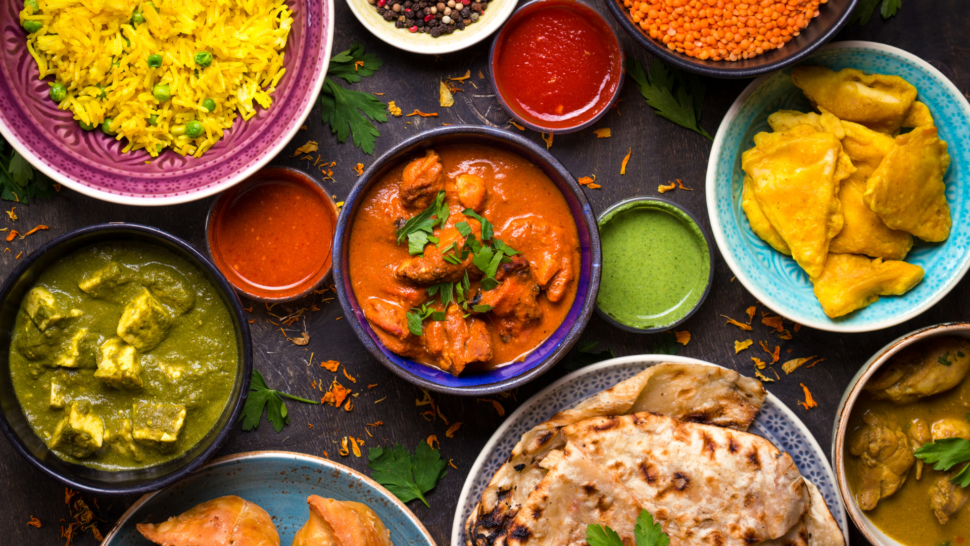
The vast regional diversity of Indian food offers an array of options. From North Indian curries to South Indian dosas, the variety caters to different preferences and keeps the cuisine interesting.
Vegetarian and vegan-friendly options abound in Indian cuisine, making it accessible to those with dietary restrictions or preferences. The use of aromatic spices such as turmeric, cumin and cardamom not only enhances flavor but is also associated with potential health benefits.
Indian street food culture, with its vibrant and flavorful snacks, has gained global recognition and contributed to the cuisine’s popularity. The historical and cultural significance of Indian food, including its ties to Ayurvedic principles, adds depth and interest for many food enthusiasts.
Mexican Cuisine
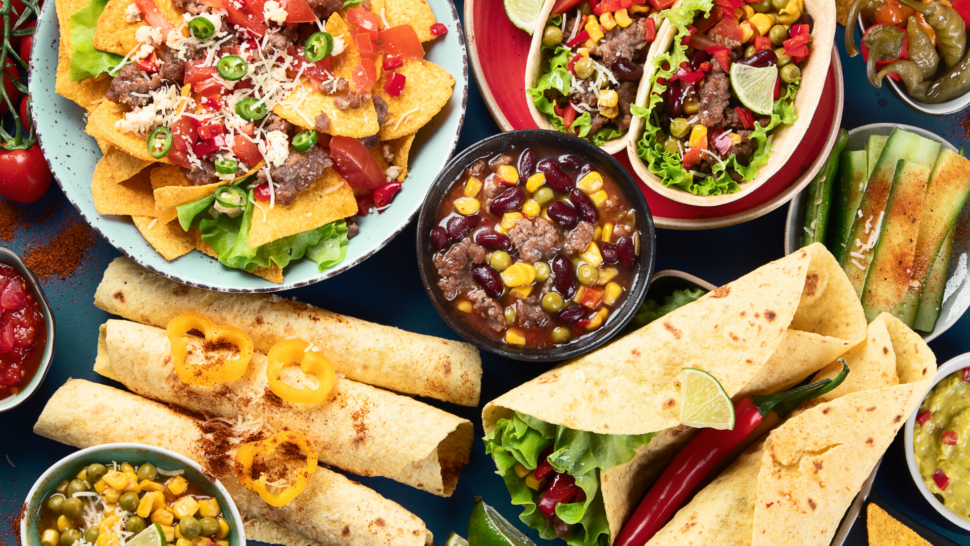
The variety of Mexican food is impressive, bold and full of vibrant flavors. The use of chili peppers, cilantro, lime, and various spices creates dishes with depth and complexity that many find irresistible. From tacos and enchiladas to mole and ceviche, there’s a wide range of dishes to explore, each with regional variations.
Mexican cuisine often features fresh ingredients, including vegetables, fruits and herbs. This focus on freshness contributes to both flavor and nutritional value. The cuisine’s versatility is another selling point. It can be adapted for quick, casual meals or elevated for fine-dining experiences.
Japanese Cuisine
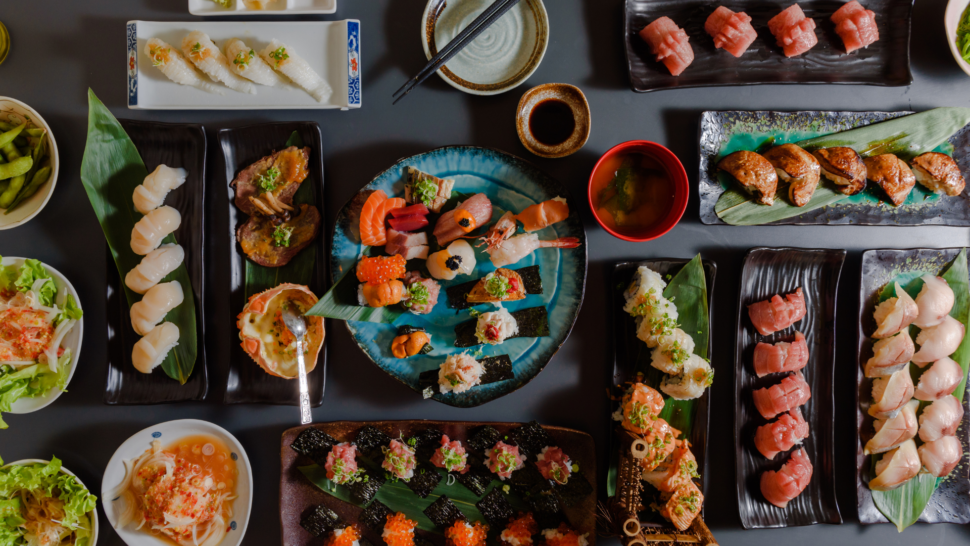
Japanese cuisine is a reflection of the country’s deep respect for nature and tradition. Plus, it is frequently praised for being both nutritious and vibrant. You can enjoy sushi or sashimi for lunch, tempura for dinner, and savor ramen for brunch. No matter what your dietary preferences may be, there’s something in Japanese cuisine that will satisfy everyone.
French Cuisine
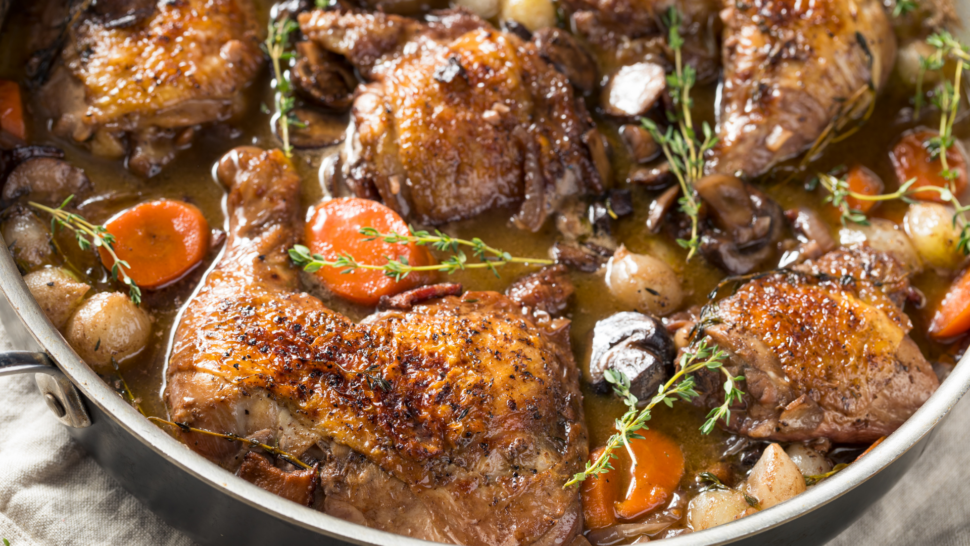
It’s not unexpected to see an abundance of French cuisine restaurants in Paris, but you can also find them worldwide. This style of cooking emphasizes the use of fresh ingredients, along with the frequent incorporation of butter, cream and wine. Cheese is also a fundamental component in French culinary practices.
Thai Cuisine
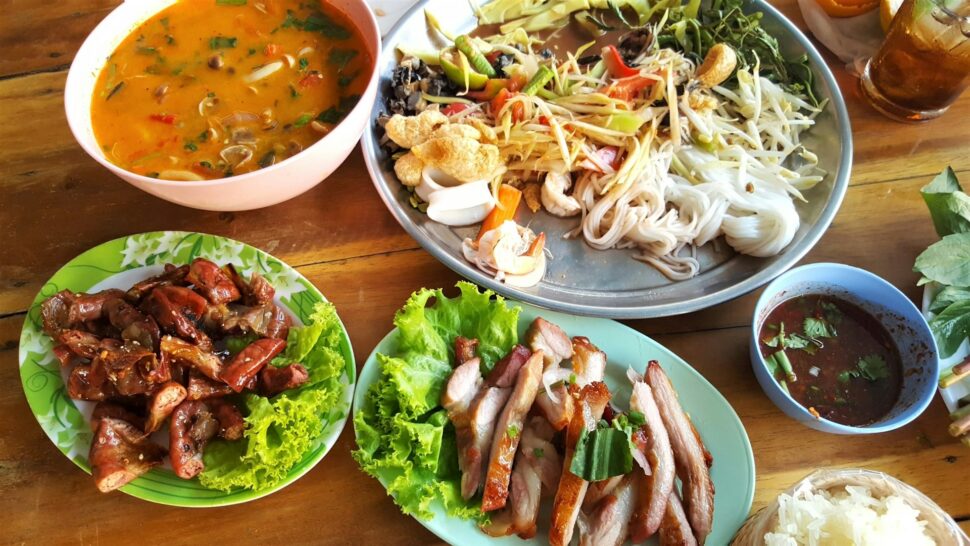
Jerome Jome
Thai cuisine is a potent and aromatic burst of flavors, colors and textures. It is characterized by its balance of sweet, sour, salty and spicy flavors. Thai cuisine often combines sweet, sour, salty and spicy elements, creating a complex and satisfying taste experience. The use of fresh ingredients and aromatic herbs is another key factor. Thai cooking relies on items like lemongrass, kaffir lime leaves and Thai basil, which contribute to the cuisine’s distinctive flavors and fragrances. From curries and stir-fries to soups and salads, there’s something for every palate.
Which One Is Your Favorite Out of the World’s Most Popular Cuisines?
The world’s most popular cuisines offer a rich tapestry of flavors, traditions and cultural significance. By exploring these diverse culinary landscapes, we can gain a deeper appreciation for the art of cooking and the stories that each dish tells. Whether you’re savoring a bowl of ramen in Tokyo or indulging in a plate of pasta in Rome, making these at home or enjoying them while traveling is a journey of discovery and delight.
